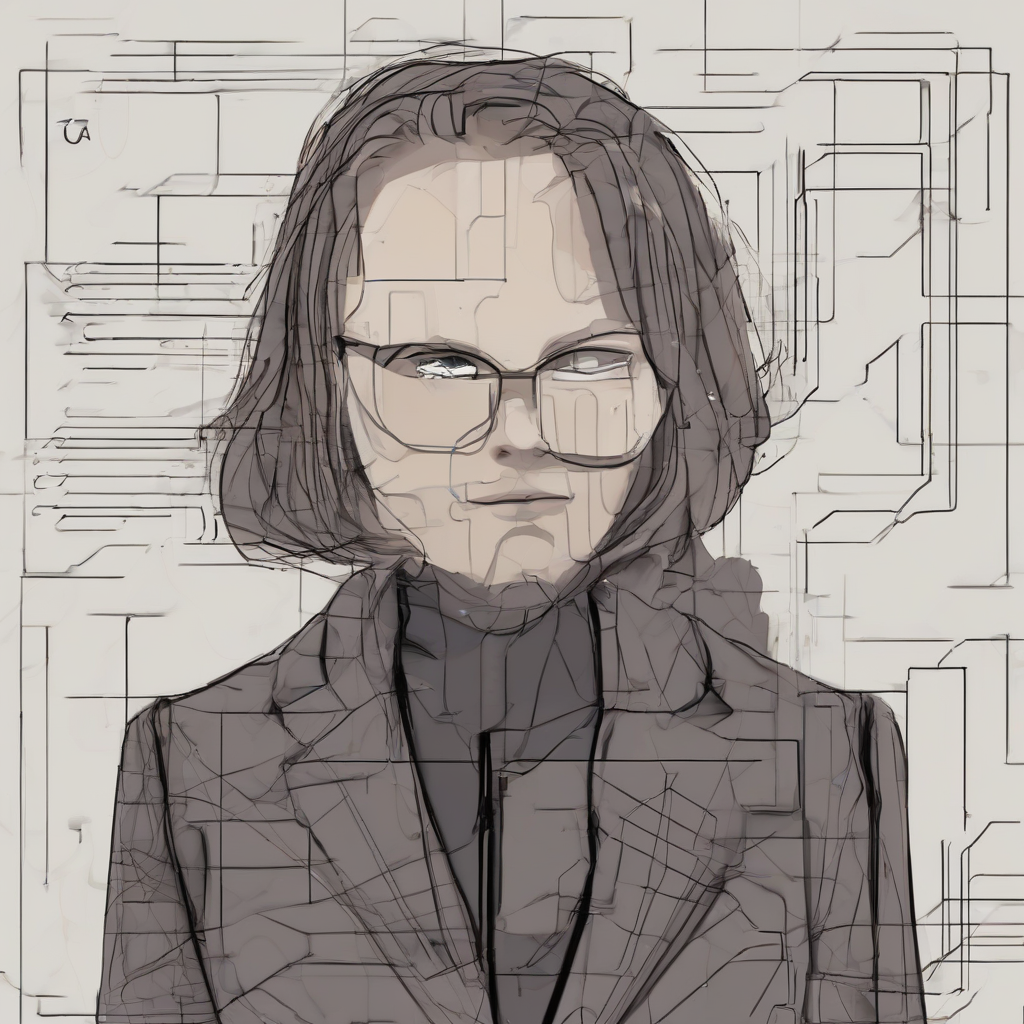Conquering the Throbbing Pain: A Comprehensive Guide to Headache and Migraine Treatments
Headaches and migraines are incredibly common, affecting millions worldwide. The debilitating pain, nausea, and sensitivity to light and sound can significantly impact daily life. While a single headache might be easily managed, chronic headaches and migraines require a more comprehensive approach. This guide explores various treatment options available, emphasizing the importance of understanding the underlying cause and employing a personalized strategy.
Understanding Headache Types
Effective treatment begins with accurate diagnosis. Headaches are broadly categorized, and understanding the type is crucial for choosing the right treatment:
- Tension Headaches: These are the most common type, characterized by mild to moderate pain, often described as a tight band around the head. They are usually not accompanied by nausea or vomiting.
- Migraines: These are more severe and debilitating, often involving throbbing pain, usually on one side of the head. They can be accompanied by nausea, vomiting, and extreme sensitivity to light and sound (photophobia and phonophobia).
- Cluster Headaches: These are intensely painful headaches that occur in clusters, with multiple headaches happening over a period of time, followed by periods of remission.
- Sinus Headaches: Pain is typically felt in the forehead and cheekbones, often associated with sinus congestion and pressure.
- Medication Overuse Headaches: These develop from overuse of pain relievers, leading to a rebound effect and chronic headaches.
Over-the-Counter (OTC) Pain Relief
For mild to moderate tension headaches, over-the-counter medications can provide effective relief. These include:
- Acetaminophen (Tylenol): Reduces fever and pain.
- Ibuprofen (Advil, Motrin): A nonsteroidal anti-inflammatory drug (NSAID) that reduces pain and inflammation.
- Naproxen (Aleve): Another NSAID with longer-lasting pain relief than ibuprofen.
- Aspirin: An NSAID, but not recommended for children or teenagers due to the risk of Reye’s syndrome.
Important Note: Overuse of OTC pain relievers can lead to medication overuse headaches. Follow the recommended dosage and consult a doctor if headaches persist or worsen.
Prescription Medications
For more severe headaches or migraines, a doctor may prescribe stronger medications:
- Triptans: These are specifically designed to treat migraines and work by narrowing blood vessels in the brain. Examples include sumatriptan (Imitrex), zolmitriptan (Zomig), and naratriptan (Amerge).
- CGRP Inhibitors: A newer class of migraine medications that target a protein called calcitonin gene-related peptide (CGRP), which plays a role in migraine pain. Examples include erenumab (Aimovig), fremanezumab (Ajovy), and galcanezumab (Emgality).
- Ergotamines: These are older migraine medications that constrict blood vessels but are less commonly used now due to potential side effects.
- Opioids: These are strong pain relievers used only in severe cases and for short periods due to the risk of addiction and side effects.
- Preventive Medications: For chronic headaches or migraines, doctors may prescribe medications to prevent headaches from occurring in the first place. These may include beta-blockers, antidepressants (such as amitriptyline), anticonvulsants (such as topiramate), and Botox injections.
Lifestyle Changes and Complementary Therapies
In addition to medication, lifestyle modifications and complementary therapies can play a significant role in managing headaches and migraines:
- Stress Management: Stress is a major headache trigger. Techniques like yoga, meditation, deep breathing exercises, and biofeedback can help manage stress levels.
- Regular Sleep Schedule: Maintaining a consistent sleep-wake cycle is crucial. Avoid sleeping too much or too little.
- Healthy Diet: A balanced diet rich in fruits, vegetables, and whole grains can help prevent headaches. Some studies suggest that certain foods and drinks, such as aged cheeses, processed meats, and alcohol, can trigger migraines.
- Hydration: Dehydration can trigger headaches. Drink plenty of water throughout the day.
- Regular Exercise: Physical activity can help reduce stress and improve overall health, potentially reducing headache frequency.
- Caffeine Management: While caffeine can temporarily relieve headaches, overuse can lead to withdrawal headaches. Limit caffeine intake and avoid sudden withdrawal.
- Acupuncture: This traditional Chinese medicine technique involves inserting thin needles into specific points on the body, which some people find helpful for headache relief.
- Massage Therapy: Massage can help relieve tension and muscle pain, which can contribute to headaches.
- Chiropractic Care: Chiropractic adjustments focus on aligning the spine and can help reduce pain and improve function.
Identifying and Avoiding Triggers
Keeping a headache diary can be invaluable. Track headache frequency, intensity, duration, and any potential triggers, such as:
- Foods and drinks: Aged cheeses, processed meats, chocolate, caffeine, alcohol
- Stress: Work deadlines, relationship issues, financial worries
- Environmental factors: Changes in weather, bright lights, strong smells
- Sleep disturbances: Lack of sleep or excessive sleep
- Hormonal changes: Menstruation, pregnancy, menopause
- Medications: Some medications can trigger headaches as a side effect.
Once triggers are identified, strategies can be implemented to minimize exposure and prevent headaches.
When to Seek Medical Attention
It’s crucial to seek medical attention if:
- Headaches are sudden, severe, or accompanied by fever, stiff neck, vision changes, numbness, weakness, or difficulty speaking.
- Headaches are worsening in frequency or severity.
- Over-the-counter pain relievers are ineffective.
- Headaches interfere with daily activities.
- You suspect a medication overuse headache.
A neurologist or primary care physician can conduct a thorough evaluation, including a physical exam and neurological examination, to determine the underlying cause of your headaches and recommend appropriate treatment. They can also rule out more serious conditions that may be causing the headaches.
Remember, effective headache and migraine management often involves a multi-faceted approach. Combining medication, lifestyle changes, and complementary therapies can significantly improve quality of life for individuals suffering from these conditions. Open communication with your healthcare provider is essential for developing a personalized treatment plan that addresses your specific needs and circumstances.
